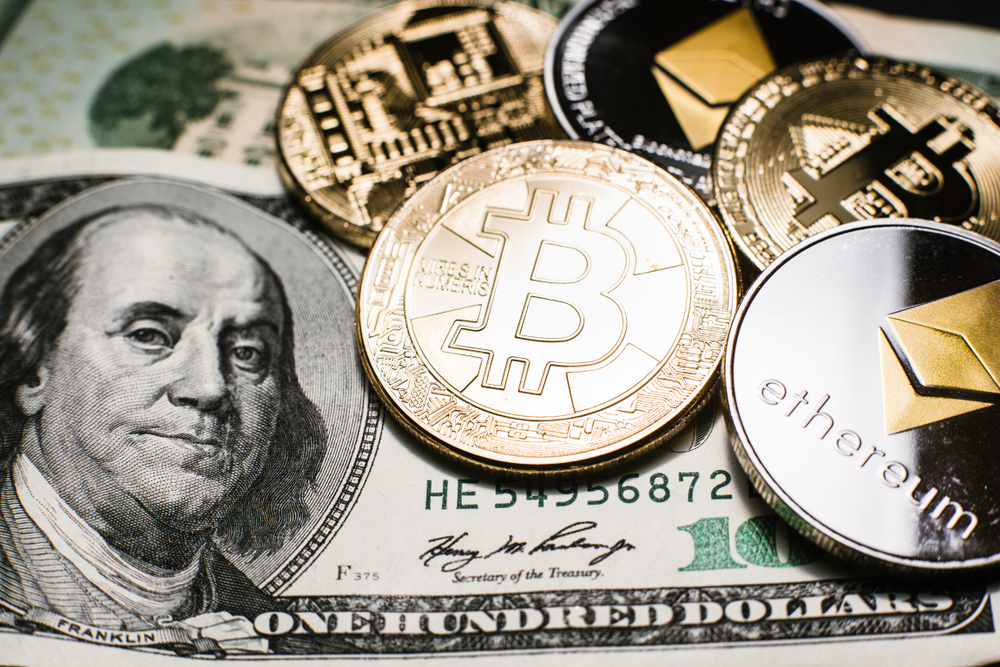BlockFi – a platform for lending crypto – has been fined $100M for allegedly running a product that provides consumers with interest for lending the tokens thereof. The SEC (Securities and Exchange Commission) accuses that the products having interest over them come under the category of unregistered securities. The highest possible amount to be demanded from BlockFi has not been disclosed as it is scheduled for sometime in the upcoming week.
Apart from that, BlockFi would terminate its unique high-yield product for most U.S. citizens. The chief business of BlockFi is to offer its consumers high returns against holding funds in Tether, Ethereum, and Bitcoin in its saving accounts. In doing so, the customers are offered yields between 5 and 10%. The locked-up assets are then lent by BlockFi at comparatively high rates.
BlockFi and regulators
It was formerly reported that the state-level regulators from New Jersey (the home of BlockFi), Texas, Alabama, and Vermont all targeted BlockFi in some way during 2021. A few of them released cease-and-desist orders for the platform while the rest of them issued show-cause orders.
The prominent problem was that it had offered unregistered securities, grasping the SEC’s attention. If the funds are locked by a consumer in some investment product (which the SEC refers to as a common enterprise), it is categorized by the regulator as a contract of investment. It comes under the regulatory powers of the SEC.
BlockFi claims consumer protection but imposes high withdrawal charges
The concerns regarding investor safety as well as the deficiency in federal insurance over the accounts thereof are frequently cited by the regulators. A statement was issued by BlockFi to respond over the fine of $100M. They mentioned having no participation in the rumors circulating the market. They have claimed that the holdings of the consumers are protected on the platform and the Interest Accounts thereof will carry on earning interest.
On 1st December of the last year, BlockFi implemented withdrawal charges over the entirety of the assets which dissuaded the customers to a great extent. The charges were implemented over the tokens such as LTC, BTC, Basic Attention token, Uniswap, PAXG, Ethereum, and Chainlink. The firm asserted that the charges were imposed to meet the growing transaction fees charged over Ethereum.
A significant criticism was attracted by the company as the rest of the venues such as Nexo provide three monthly withdrawals, along with the fiat withdrawal charges over each of the subsequent transactions.
